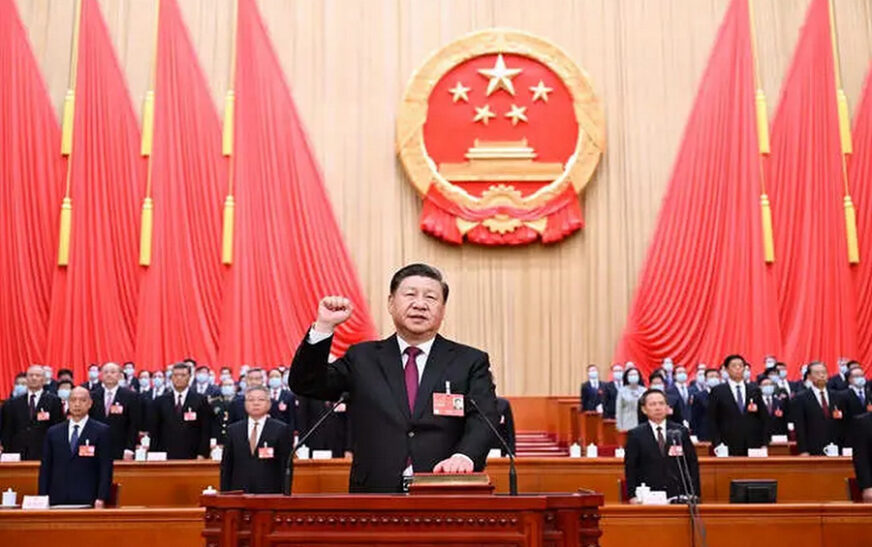A recent report by Deutsche Bank suggests that China’s rapid economic growth in recent decades is not unprecedented but rather a return to its historical norm. According to Jim Reid, a research strategist at Deutsche Bank, shifts in global economic power have historically led to tensions among nations.
Restoring Historical Norms
Reid notes that while China’s growth may seem remarkable, it is merely restoring the country to its former economic prominence. This resurgence aligns with China’s perception of itself as returning to its historical norm as a major global player.
Historical Context
The report presents a chart illustrating the contributions of various economies to the global GDP throughout history. It highlights how China and India were dominant economic forces in earlier eras, with the United States emerging as a major power in the late 1800s.
Recent Trends
China’s GDP growth accelerated rapidly, particularly around the time of the Global Financial Crisis (GFC), positioning it to potentially surpass the US as the world’s largest economy. However, the post-pandemic recovery disrupted this trajectory, causing a setback in China’s growth compared to the US.
Future Outlook
Reid refrains from making definitive predictions about the future but suggests that tensions between rising and ruling powers have historically led to conflicts. He warns that a global conflict in the modern interconnected world would have severe economic consequences.
Economic Costs of Conflict
Reid emphasizes that the current interconnectedness of the global economy means that any global conflict would result in significant economic costs. He speculates that the financial constraints faced by governments today might deter them from engaging in costly conflicts.
In summary, Deutsche Bank’s report provides a historical perspective on China’s economic growth, suggesting that it is part of a broader pattern of global economic shifts with implications for geopolitical tensions and global stability.










